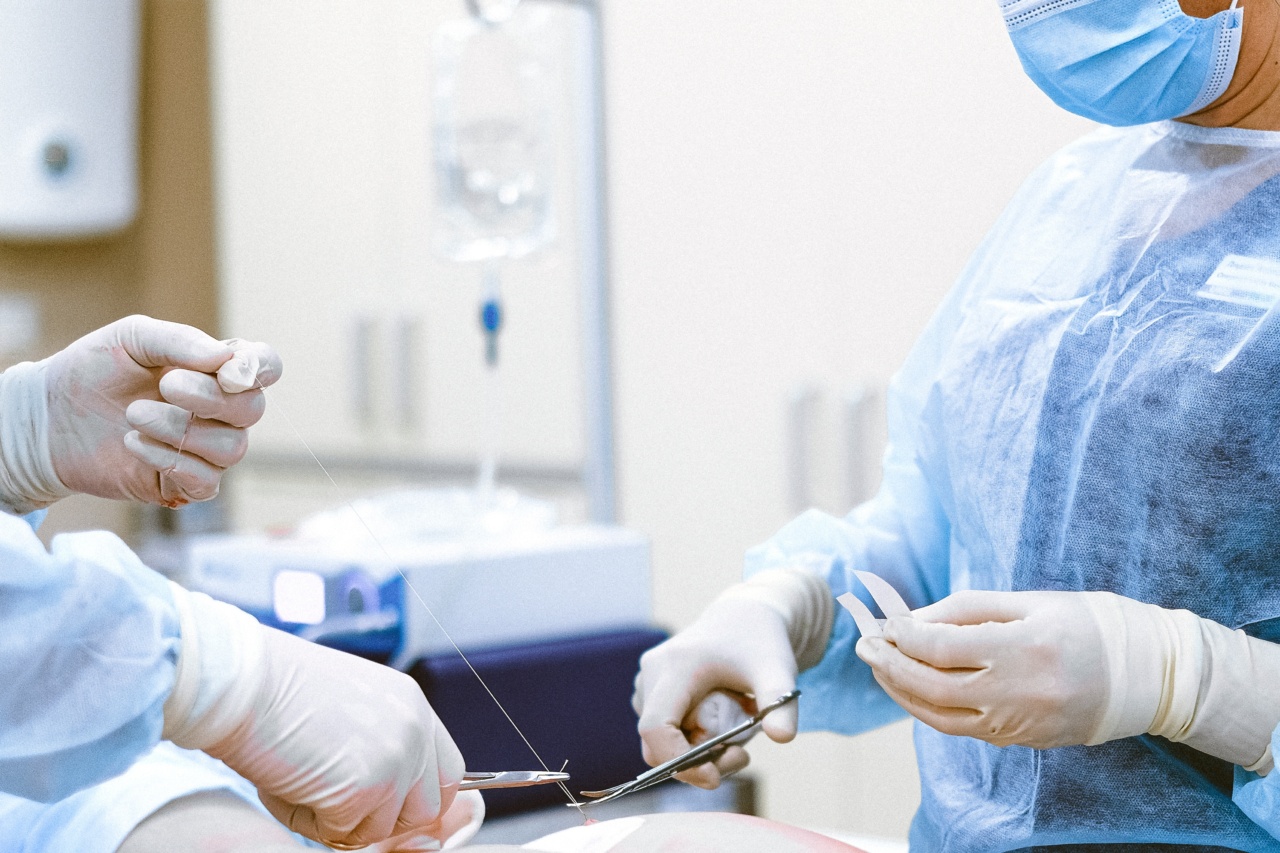Being a prevention advocate means actively promoting and advocating for preventive measures to ensure the overall well-being and safety of individuals and communities.
Prevention is essential in various aspects of life, including healthcare, public safety, environmental protection, and more. By becoming a prevention advocate, you can play a crucial role in raising awareness, encouraging proactive actions, and ultimately making a positive impact.
Benefits of Prevention
Prevention is often considered a more cost-effective and efficient approach compared to addressing issues after they have already occurred.
By focusing on prevention, we can reduce the negative consequences of various problems, such as diseases, accidents, and societal issues. Here are some key benefits of prevention:.
1. Improved Health and Well-being
Preventive measures, such as vaccinations, regular health screenings, and healthy lifestyle choices, can help individuals maintain better health and well-being.
Preventing diseases and addressing health risks early on can lead to better outcomes and improved quality of life.
2. Reduced Healthcare Costs
Preventing diseases and injuries can significantly reduce healthcare costs. By investing in preventive measures, we can avoid expensive treatments, hospitalizations, and long-term care.
This not only benefits individuals but also healthcare systems and society as a whole.
3. Enhanced Public Safety
Advocating for preventative measures in public safety, such as promoting safe driving practices, implementing effective crime prevention strategies, and strengthening emergency preparedness, can help reduce the risk of accidents, crime, and disasters.
This contributes to overall community safety and well-being.
4. Environmental Protection
Prevention advocates also play a vital role in protecting the environment.
By promoting sustainable practices, supporting conservation efforts, and advocating for eco-friendly policies, we can mitigate the negative impact on natural resources, wildlife, and climate change.
5. Creation of Healthier Communities
Prevention advocates help create healthier communities by addressing social determinants of health, such as access to healthcare, education, employment, and affordable housing.
By working together to eliminate barriers and promote equity, we can build communities where everyone can thrive.
How to Become a Prevention Advocate
Becoming a prevention advocate requires a combination of knowledge, passion, and action. Here are some steps you can take to become an effective prevention advocate:.
1. Educate Yourself
Gaining knowledge about the importance of prevention and understanding various preventive measures is crucial.
Stay informed about current research, policies, and best practices in areas you are passionate about, whether it’s healthcare, public safety, or environmental protection.
2. Raise Awareness
Use your voice and platforms to raise awareness about prevention. Share information, statistics, and success stories to highlight the benefits of prevention.
Utilize social media, organize events, or collaborate with local organizations to expand your reach.
3. Engage with Decision Makers
Influence policy and decision-making by engaging with local, regional, or national decision-makers.
Attend community meetings, write letters or emails, and participate in advocacy campaigns to express your support for preventive measures and urge policymakers to take action.
4. Collaborate with Organizations
Connect with organizations already working in the field of prevention. Collaborate with them on projects, campaigns, and initiatives to amplify your impact. By joining forces, you can reach a wider audience and achieve collective goals.
5. Lead by Example
Make prevention a personal priority in your own life. Practice healthy behaviors, follow safety guidelines, and adopt sustainable habits. Leading by example can inspire others to take preventive actions and become advocates themselves.
The Power of Prevention Advocacy
Prevention advocacy has the power to create lasting positive change.
By raising awareness, promoting preventive measures, and engaging with decision-makers, prevention advocates can influence policies, shape public opinion, and foster a culture of prevention. Together, we can build healthier, safer, and more sustainable communities.































